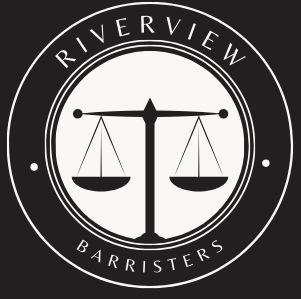Divorce can be emotionally distressful and making quick, unwise decisions can have devastating repercussions. An experienced divorce attorney can assist in making sound choices that protect both parties’ interests.
Start your search for a divorce attorney by speaking to friends and family for recommendations, followed by researching attorneys with experience handling your specific circumstances.
Education Requirements
when selecting a divorce attorney, it is essential that their educational and professional qualifications be carefully considered. They should have experience dealing with family law cases within your state as well as being able to provide references from past clients.
To become a divorce lawyer, one needs a bachelor’s degree and pass the LSAT. Following that, law school should be attended in order to earn a juris doctor degree, followed by an apprenticeship with an experienced family law attorney or senior family law practitioner.
Divorce lawyers specialize in legal cases related to dissolution of marriage, custody and other family-related matters. These professionals must negotiate between spouses, parents and children involved, prepare legal briefings and represent clients before the courts; possess great communication skills while empathizing with clients’ situations.
Experience Requirements
Divorce attorneys must possess extensive experience handling divorce proceedings, from filing and negotiation settlement agreements to representing their clients at court hearings. Furthermore, they should possess knowledge of state and federal regulations as well as being adept at handling emotional situations with empathy for their clients.
Anyone seeking a career as a lawyer must first obtain a bachelor’s degree from an accredited college, before taking the LSAT and applying for law school. Once accepted into law school they can then take and pass the bar exam in order to become licensed attorneys.
When choosing a divorce lawyer, several aspects should be taken into consideration when making the selection decision, including professional and personal qualifications. They should be reliable, empathetic, well-versed in legal jargon and possess great communication skills that allow them to explain complex legal issues clearly and simply. Furthermore, good attorneys should be affordable and available when needed and willing to offer limited scope representation that may save costs over full scope representation.
Bar Exam Requirements
Divorce attorneys practice in district and family courts, assisting their clients with the legal filings, asset separation and child custody aspects of divorce proceedings. Furthermore, these legal professionals play a pivotal role in reaching a fair settlement that protects all their interests as clients seek divorce.
Divorce attorneys must possess expert knowledge of family law as well as strong communication, interpersonal, and negotiation skills for success in their career. Furthermore, they should also be sensitive and emotionally supportive while helping their clients cope with a potentially trying time in life.
People looking to become divorce lawyers should secure employment at a firm specializing in family case law and take the LSAT test in order to enter law school. Achieving a good undergraduate grade point average will also play an essential part in law school admissions; after graduating, attorneys must then pass their state bar exam in order to practice legally in that particular jurisdiction.
Work Environment
Divorce attorneys must be comfortable discussing all of the facts of the case with clients, including sensitive aspects like finances and children. Furthermore, they should have strong communication skills when working with opposing attorneys and judges as well.
Divorce and family law is an ever-evolving field, constantly shifting as rulings are overturned or new laws created. A lawyer with expertise in divorce proceedings should have an in-depth knowledge of these regulations that govern proceedings.
Choose an experienced divorce attorney with proven results at handling complex cases and negotiating settlements, then create a written fee agreement outlining their hourly billing rates and payment terms to prevent misunderstandings during the process. It is key that you build strong working relationships with them to ensure they are working in your best interests efficiently and affordably.
